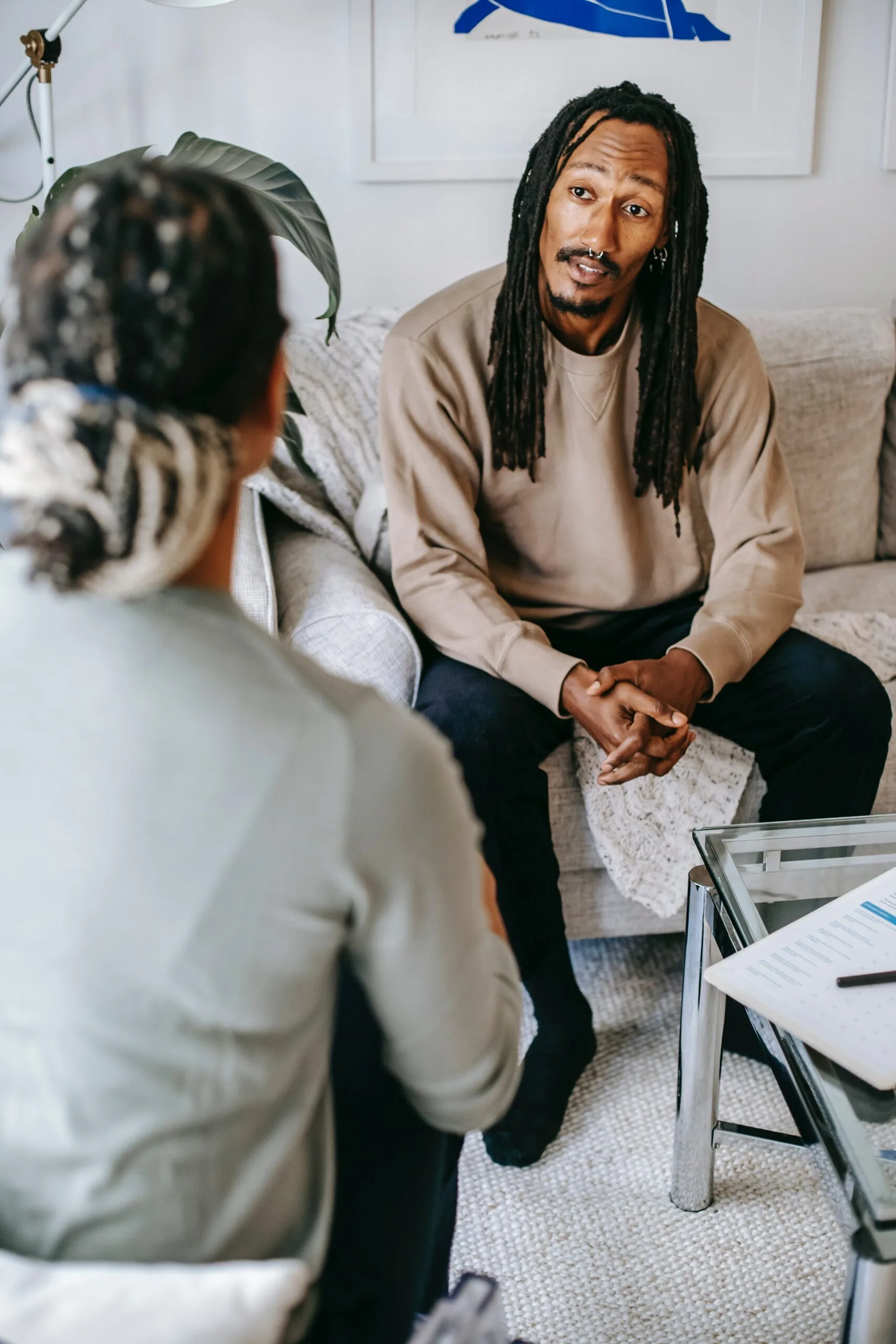
July is National Minority Mental Health Awareness Month. At Black Love, we know the importance of taking care of our mental health and seeking help when needed. National Minority Mental Health Awareness Month (also known as BIPOC Mental Health Month) has a main goal of promoting mental health awareness in diverse communities. Here are some key facts to know about it:
A Black Woman is the Reason the Month Was Officially Declared
The idea to dedicate a month to spreading awareness around minority mental health actually came from a black woman herself. That woman was Bebe Moore Campbell. She was an author, journalist, teacher, and mental health advocate. She spent a lot of her time dedicated to shedding light on the mental health needs of black and other underrepresented communities.
Campbell struggled to help her daughter, that was battling mental illness while navigating a healthcare system that neglects minority mental health. It was difficult to get her daughter the support she needed. Campbell spoke up about the challenges of mental health in the black community and said, “While everyone — all colors — is affected by stigma — no one wants to say ‘I’m not in control of my mind.’ No one wants to say, ‘The person I love is not in control of [their] mind.’ But people of color really don’t want to say it because we already feel stigmatized by virtue of skin color or eye shape or accent, and we don’t want any more reasons for anyone to say, ‘You’re not good enough.’”
BlackLove.com Related Articles:
For the Brothers: Mental Health Communities Black Men Should Follow
Advice for Newlyweds From a Couples Therapist: Commitment is an Active Choice
How to Find the Therapist That is Right For You
Despite the stigma and challenges, Campbell co-founded NAMI (National Alliance on Mental Illness) within Inglewood to have a safe space within a Black community for Black people to talk about their mental health. According to NAMI, in 2005, one of Campbell’s long-time friends suggested having an entire month dedicated to help to end the stigma around mental health and provide mental health information. Unfortunately, Bebe passed away after battling cancer in 2006, but she left an impeccable and long-lasting legacy. Her prevalent work in the mental health space led Congress to officially declare July as Bebe Moore National Minority Mental Health Awareness Month in 2008.
There’s a New Theme Every Year
Because of Campbell, July is the month where conversations around minority mental health and the unique struggles that come with that are amplified.
Each year there is a theme and this year’s theme is “Culture, Community, & Connection.” Community is where we get our culture and connection from. It’s how we bond and go through life’s cycles so it’s fitting that this be the theme for this year. Our lives and our well being are often a reflection of our environment. For a lot of minorities, community can be the only place where you feel understood and protected. Mental Health in America further explains the theme and says, “Culture, community, and connection are pillars that support and uplift BIPOC individuals when the dangers of oppression and systemic racism threaten the environments where BIPOC individuals live, work, play, and thrive.”
How You Can Show Support in Your Own Community

So what can you do to commemorate this month and show support? Well, the first thing you can do is take care of yourself. Find your community, lean on them, and be a listening ear as well. It can be as simple as making a phone call to someone you love. That’s a great way to engage in community and practice self-care.
Sharing mental health resources is another great thing to do this month. Check-in on your community and stay connected. You can look through the Mental Health section here at BlackLove.com and find a lot of different resources. You can find anything from navigating feeling overwhelmed to dealing with past relationship trauma. Mental Health in America also has a downloadable toolkit where you can learn more about how our communities can continue to thrive through support and connection.


